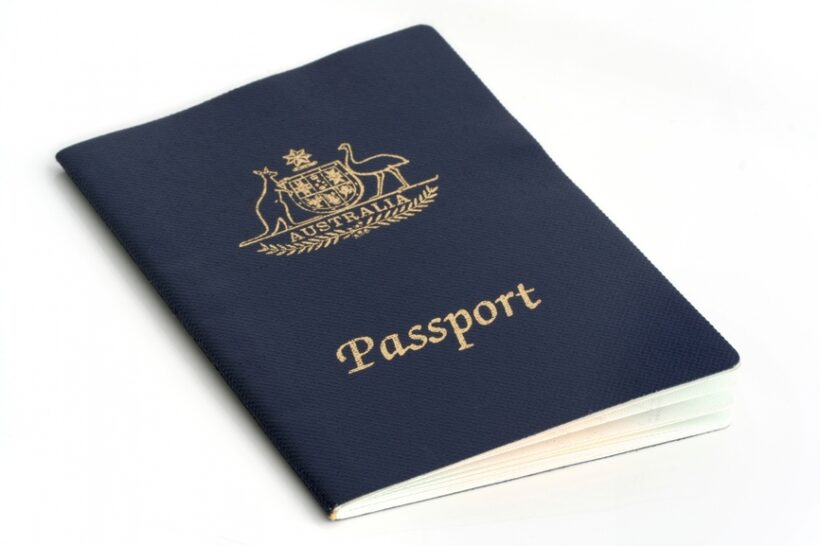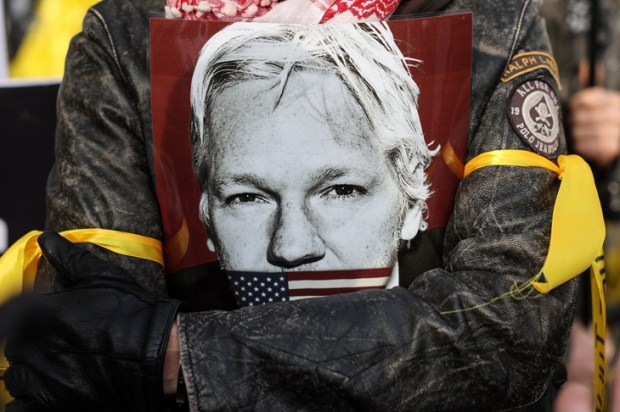The draft national curriculum for schools is seeking to teach the next generation of Australians a progressive and utopian view of global citizenship, just as the global COVID-19 shutdown and the resurgence of authoritarian nation-states have exposed the intellectual bankruptcy of that ideology.
In so doing the curriculum’s own designers have abrogated their much-vaunted commitment to also teach “Critical and Creative Thinking”, as their globalist world-view is woven into the fabric of the curriculum, without any examination of how it might conflict with the “Realist” perspective of a world order constituted by independent nation-states.
In studying the draft curriculum for Humanities and Social Sciences, released by the Australian Curriculum, Assessment and Reporting Authority, we see many phrases like “the...
Already a subscriber? Log in
Subscribe for just $2 a week
Try a month of The Spectator Australia absolutely free and without commitment. Not only that but – if you choose to continue – you’ll pay just $2 a week for your first year.
- Unlimited access to spectator.com.au and app
- The weekly edition on the Spectator Australia app
- Spectator podcasts and newsletters
- Full access to spectator.co.uk


























Comments
Don't miss out
Join the conversation with other Spectator Australia readers. Subscribe to leave a comment.
SUBSCRIBEAlready a subscriber? Log in